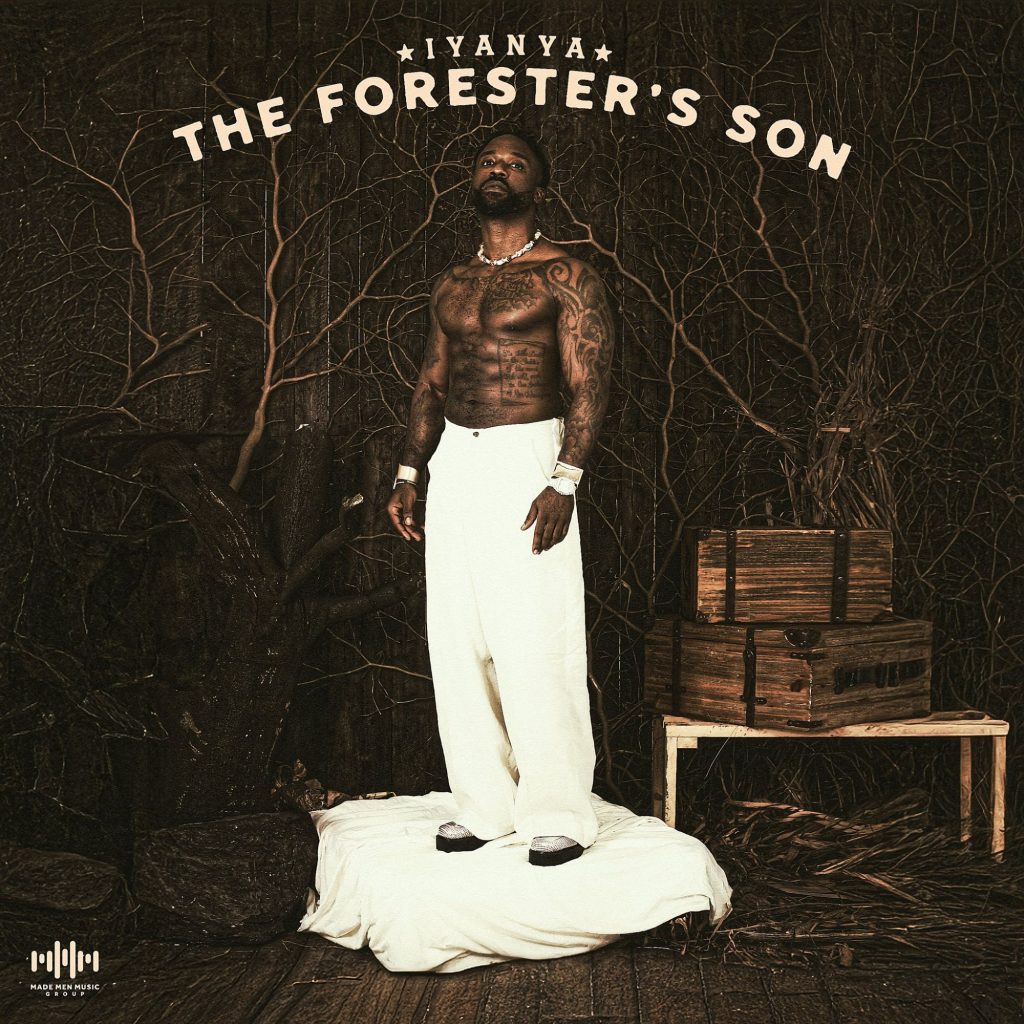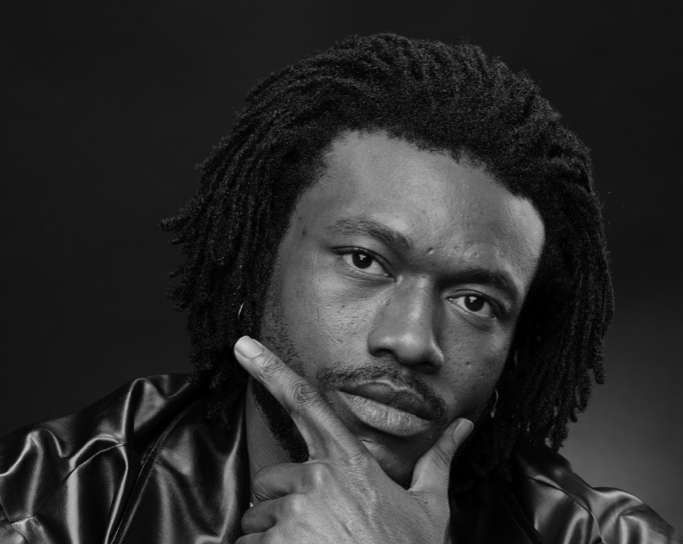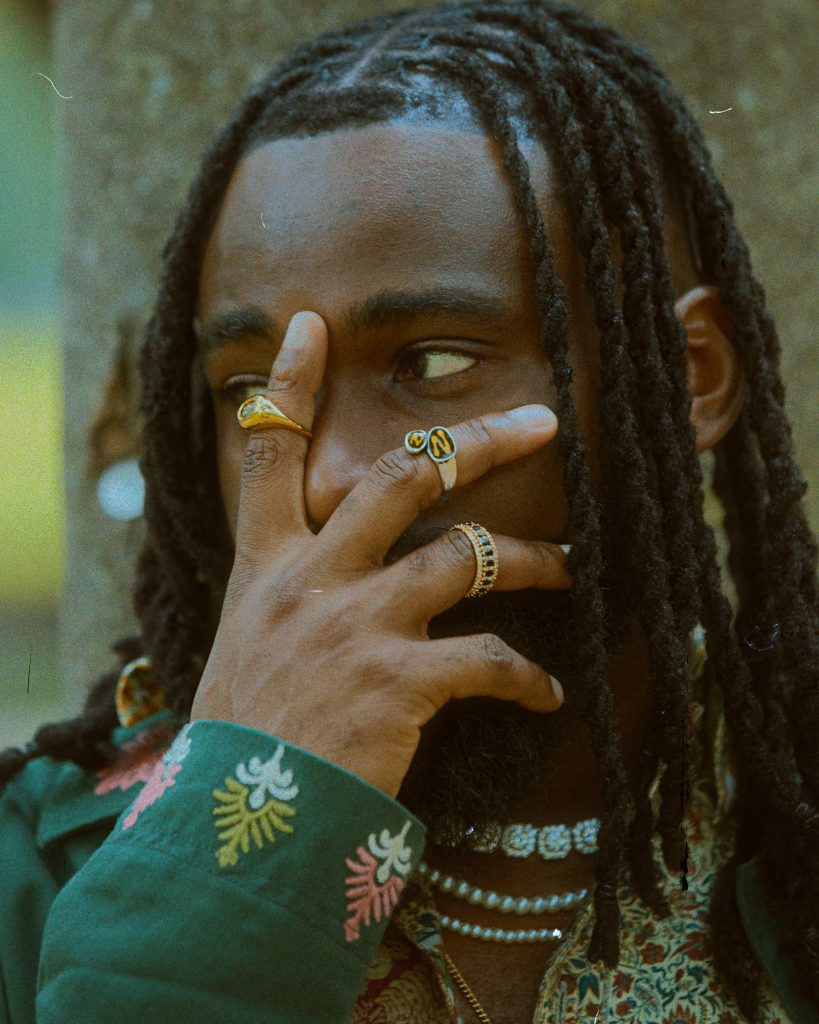To understand “Olánrewàjú,” one must acknowledge the origin, the story behind it, the purpose and intentionality woven into each track. For AQT, every song is an element of self, a mirror that connects him with the world and the world with him.
The opening track, “Journey,” lays this foundation with a monologue. “I remember when I dreamt of being big… now I’m telling you what it’s gon’ be,” he declares, grounding his purpose in vision and persistence. It’s both a monologue and a manifesto, as though he’s inviting us to witness the leap from ambition to realization.
That momentum spills into “My Time,” where he doubles down with conviction. Over a mid-tempo beat, he frames the album as a long-awaited unveiling. “I can feel the fire within me. Somebody tell ’em I’m ready,” The song thrums steadily like the measured steps of someone aware of where they are headed.
His identity sharpens in “On Fire,” where he leans into his Yoruba roots, layering cultural pride with braggadocio. “Yh, I’m on fire, got money and fame, respect on my name,” he delivers with the flamboyance and swagger of a Lagos man. It’s ostentatious but rooted.
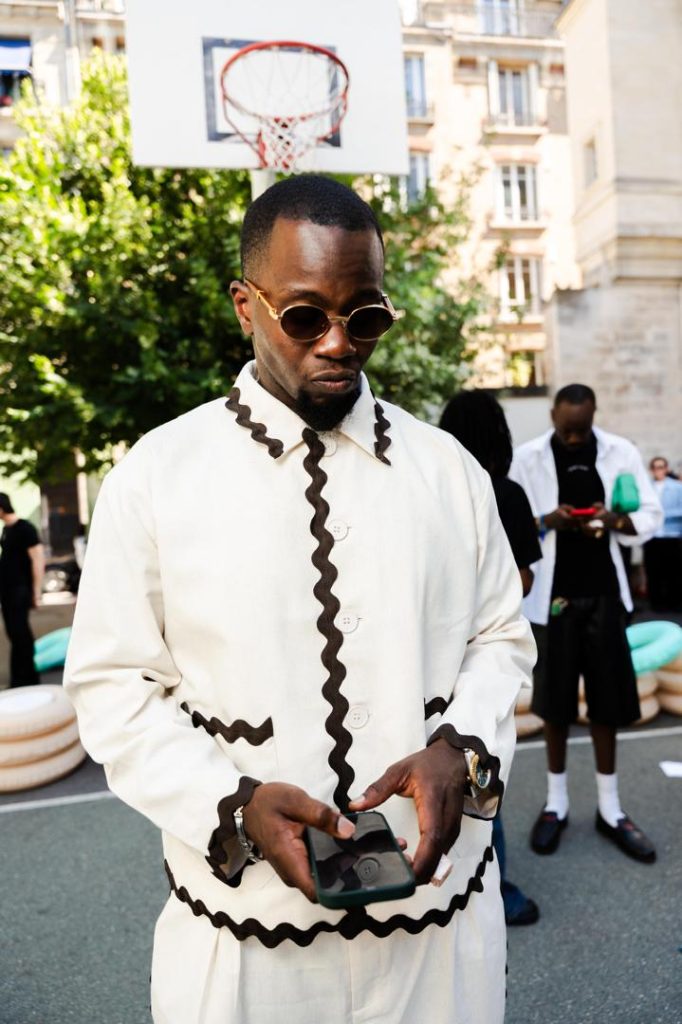
The same cultural understanding spills into “Story for the Gods.” The slang popularly used to dismiss falsehoods becomes a metaphor for how he navigates irrelevance. He admits to his own struggles, making him immune to others’ exaggerated tales.
On “Americana,” he unapologetically embraces his American roots. “Mo de London, Mo de Lagos, I be that Americana,” he chants, sketching out the cross-continental journey that defines him. It’s not a rejection of Nigerianness but a testament to the duality he lives in, a recognition that he belongs to both worlds.
The mood shifts with “Outside,” featuring Ichaba, a party anthem that references Obi’s house, a hub of Lagos artistry. It also brims with imagery of drip, luxury, and celebration. It’s communal, pulling listeners into its orbit, as if you’re right there in the thick of Lagos nightlife.
“Smoke” introduces subtle dancehall influences, stretching his palette further. It’s a track built for breezy yet intentional movement. The sultriness deepens in his collaboration with Leonardo Yukawa. This mid-tempo number simmers with intimacy halfway between a lover’s serenade and the soundtrack of a reckless night. It’s dual-purpose, oscillating between tenderness and escapism.
“Hold On” returns to the language of devotion. Here, he pleads for patience, asking his muse to trust the endurance of his love. It softens the energy of the project, pulling us closer to his romantic abilities.
In “Many Inspirations,” AQT turns inward again, sketching a map of the sounds and figures who shaped him, showing how diaspora has given him fragments that he has moulded into his own style.
Finally, the album closes with “King.” Vulnerable yet resolute, it finds him reflecting and asserting. There is a yearning in his voice, but also a conviction and an unwavering dedication to his path. It feels like a prayer, closing the circle that began with “Journey.”
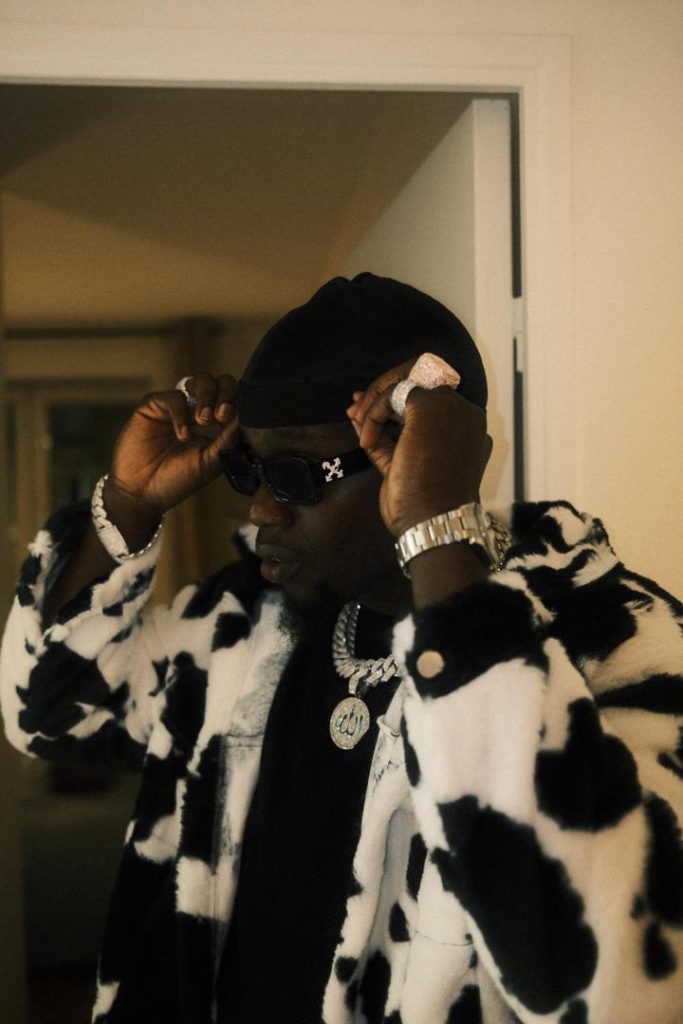
Although his voice carries the weight of two worlds, they harmonize on “Olánrewàjú.” The Nigerian roots are evident, but so too is the diasporan lens, giving the album its layered identity. AQT doesn’t try to mimic anyone else. Instead, he leans into his hybridity. And what lingers most is the portrait of an artist refusing to shrink either side of his quiddity, proving that diaspora narratives have a place within Afrofusion.


